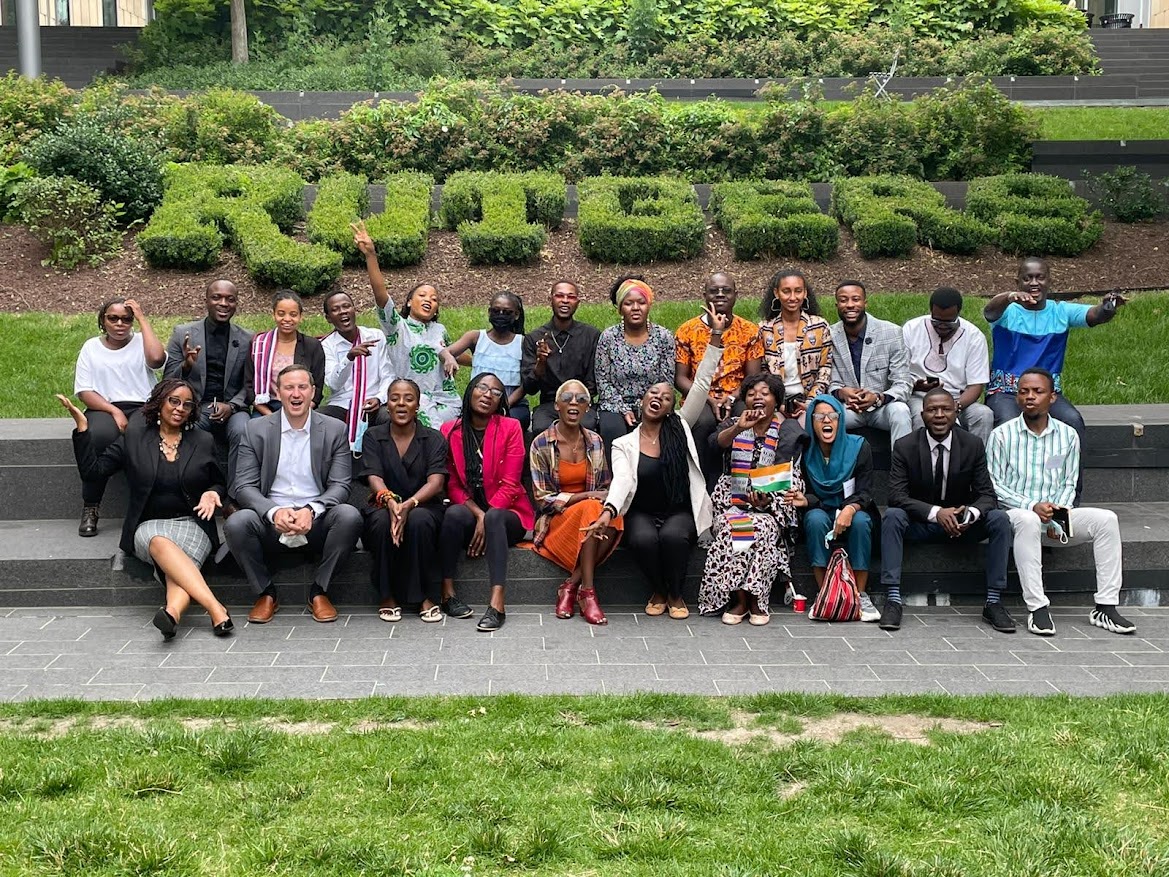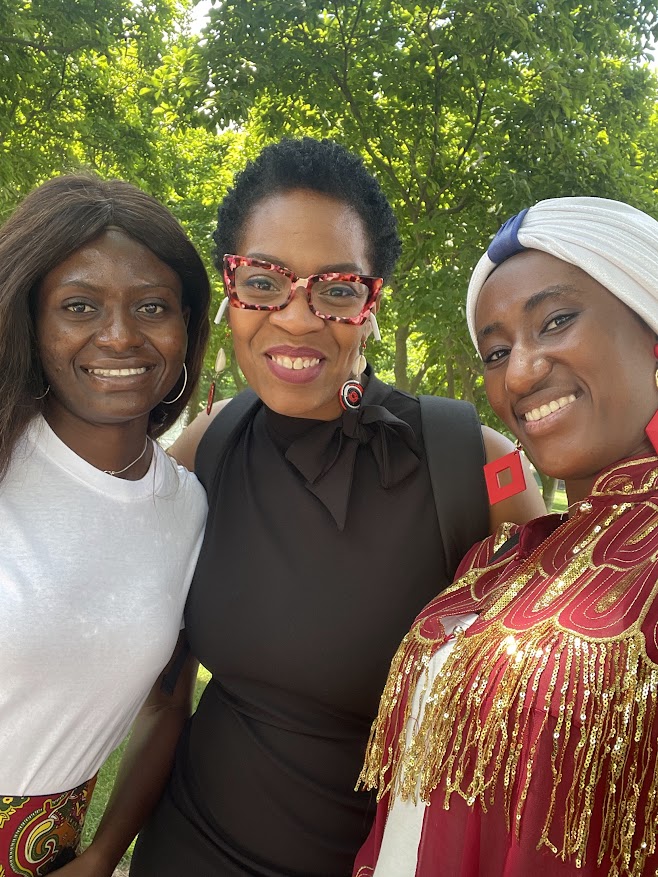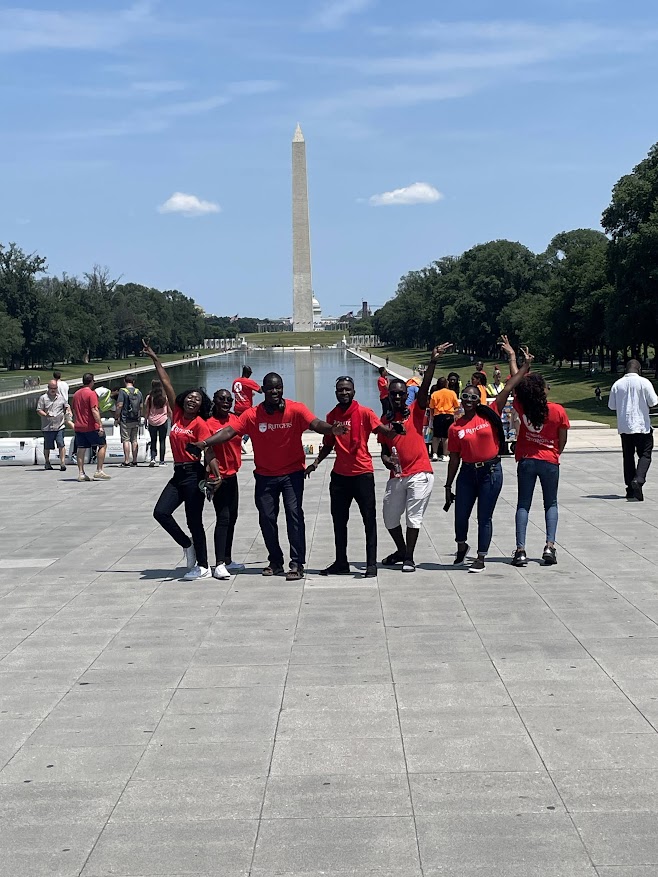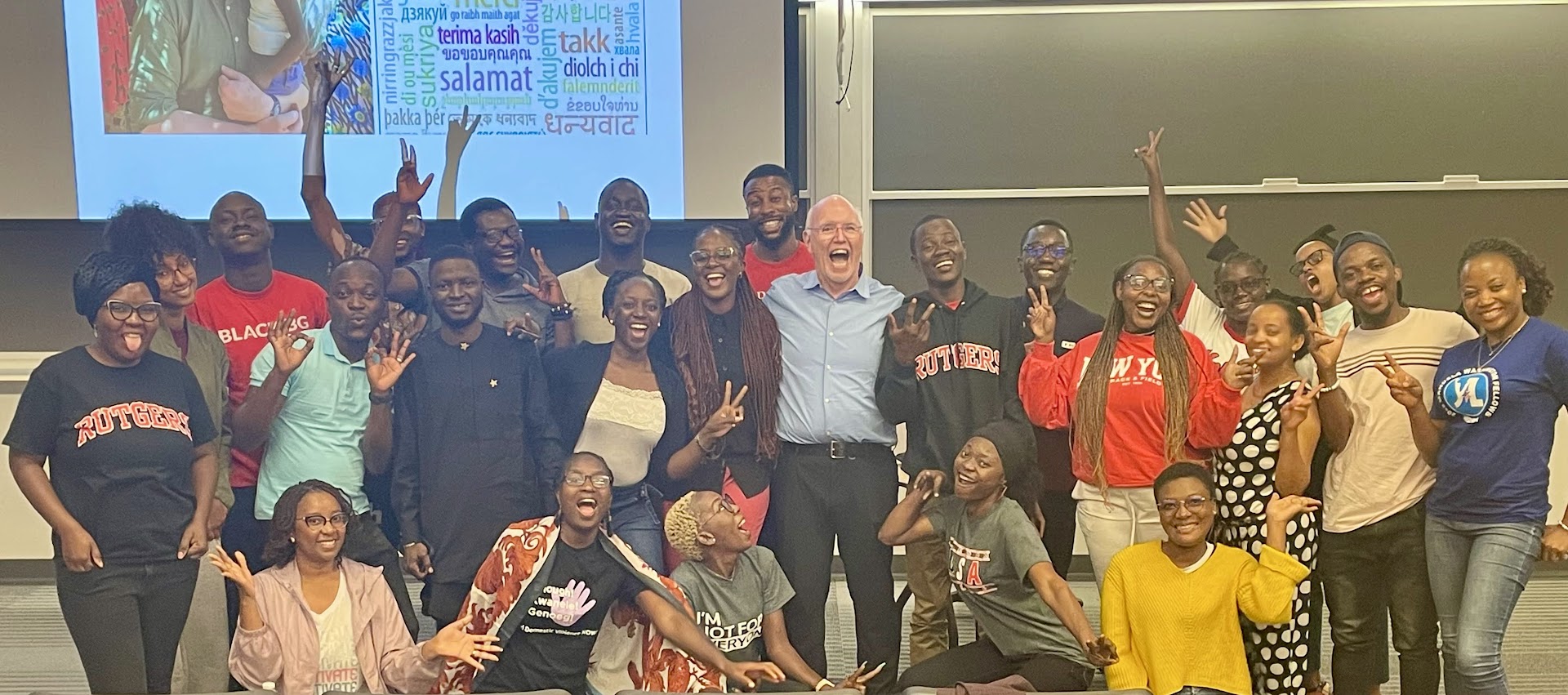

The Mandela Washington Fellowship for Young African Leaders is the flagship program of the U.S. Government’s Young African Leaders Initiative (YALI). Since 2014, nearly 5,100 young leaders from every country in Sub-Saharan Africa have participated in the Fellowship. The Fellows, between the ages of 25 and 35, are accomplished leaders and have established records of promoting innovation and positive impact in their communities and countries. In 2022, the Fellowship provided 700 outstanding young leaders from Sub-Saharan Africa with the opportunity to hone their skills at a U.S. college or university with support for professional development after they return home.

During the Fellowship, the Fellows participate in six-week Leadership Institutes, studying Business, Civic Engagement, or Public Management hosted by U.S. colleges or universities. Throughout the Institutes, Fellows enrich local U.S. communities while sharing best practices. Rutgers University hosted two cohorts in 2022, one for Business and the other in Leadership and Civic Engagement, organized through Rutgers Global.
The 2022 Leadership in Civic Engagement Institute was led by Dr. Patricia O’Brien-Richardson, Edward J. Bloustein School of Planning and Public Policy; Olabode Ibironke, Department of English; and Greg Costalas, Rutgers Global. The Leadership in Business Institute was led by Kevin Lyons, Rutgers Business School and Johanna Bernstein, Rutgers Global.

After the Institutes, Fellows convene for a Summit, where they forge connections with one another and U.S. leaders from the private, public, and non-profit sectors, setting the stage for long-term engagement between the United States and Africa. Fellows may apply for the opportunity to work with private, public, and non-profit organizations for up to six weeks, either immediately following the Summit during their Fellowship or as Alumni. Both Fellows and Hosts benefit from discussing shared issues and challenges in their sectors, broadening their perspectives, and positioning U.S. organizations for international engagement.

